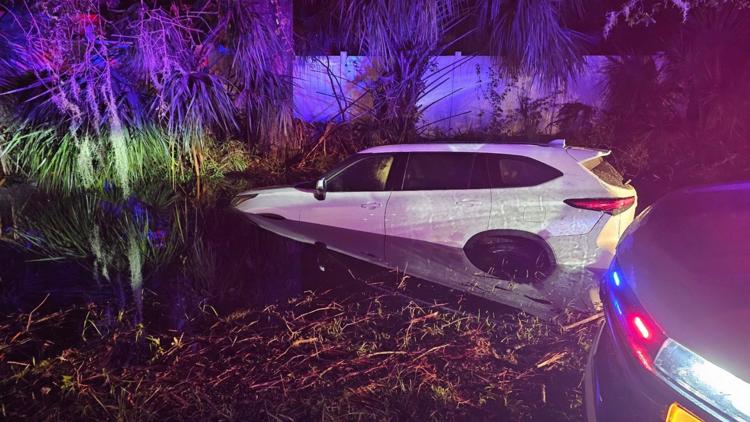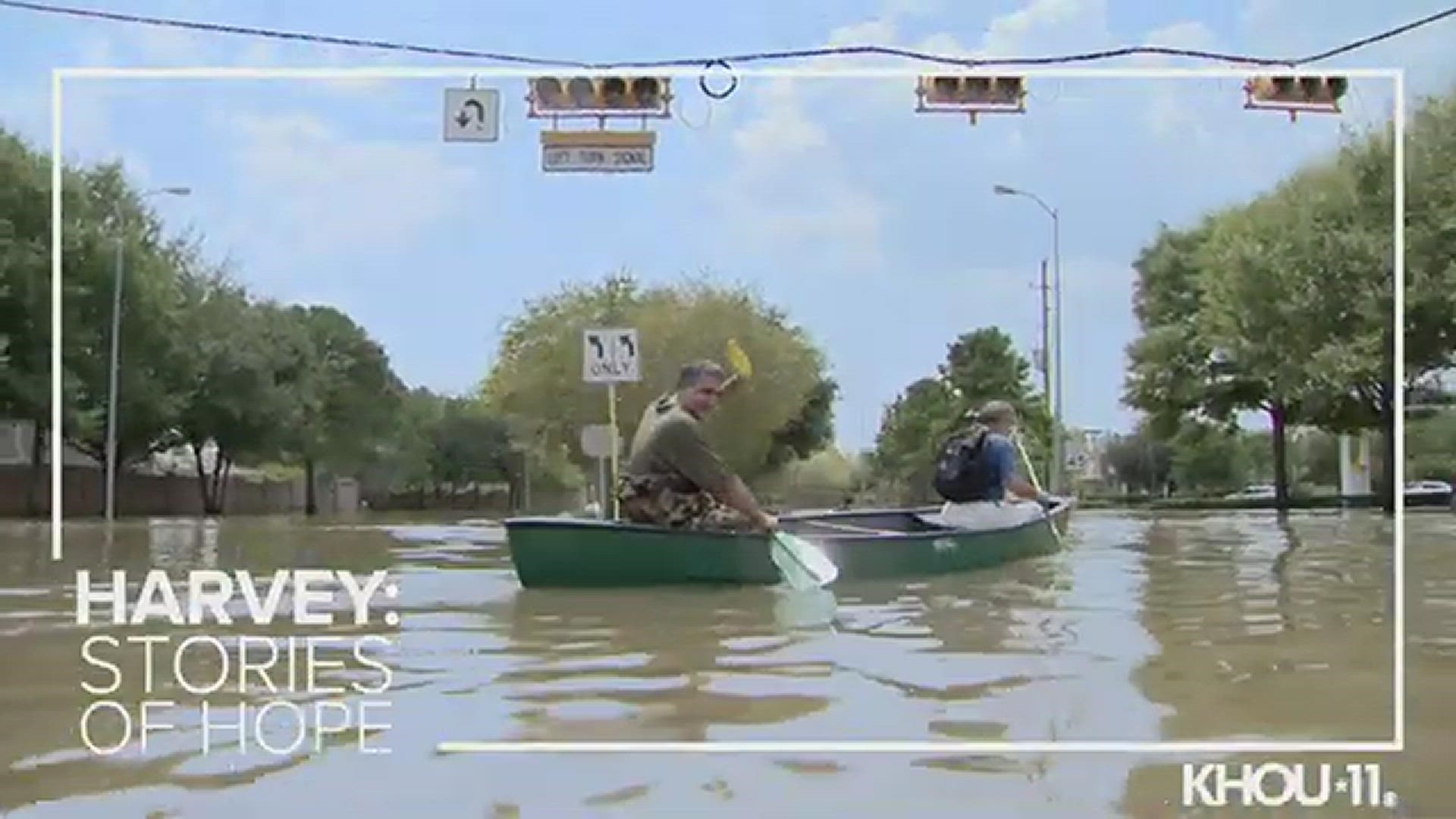TAMPA, Fla. — You survived the storm. Now you're home, and your home is flooded. What should you do? Whether it's six inches of water or three feet, safety should be your first concern.
Make sure it's safe to return
- Don't drive through standing or flowing water. When you do get home:
- Cut off utilities like gas, water, and electricity—before entering. Don't assume they are already off.
- Don't use flame like candles, matches, or lighters in case there is gas trapped in the building.
- Rubber boots, gloves, and clothes are essential for keeping you healthy while you work in your wet home.
- Use eye protection and an N95 mask if you're cleaning mold or other debris.
- Throw out items that can't be washed and cleaned with a bleach solution: mattresses, pillows, carpeting, carpet padding, and stuffed toys. There could be human, animal, or medical waste, or chemicals or other contaminants.
Protect Yourself During Cleanup
- Wear rubber boots, gloves, and protective clothing to stay safe while working in a wet environment.
- Use eye protection and an N95 mask if cleaning mold or debris.
Water Safety
- Do not drink floodwater or use it to wash dishes, brush your teeth, or prepare food. Drink clean, safe water instead.
- Listen for local “boil water” advisories. Use only bottled, boiled, or treated water for drinking and cooking.
- When in doubt, throw out any food or bottled water that may have come into contact with floodwater.
Document damage with photos and video
- Take plenty of photos and video of everything: possessions, floors, walls, ceilings, appliances, everything.
- Contact your insurance company or companies to start your claim immediately.
Clean and disinfect
- Clean everything out thoroughly and let it dry as mush as possible.
- Once it's dry, you need to kill the bacteria. A bleach solution of half a cup of bleach in 1 gallon of water applied with a pump spray can also help kill mold and bacteria.
- Bleach is corrosive - avoid spraying electrical outlets and metal items.
Ventilate your home
- Use fans and keep windows and doors open to help with drying. It can take two to four weeks for your home to completely dry.
Beware of other dangers
- Be alert for snakes and other animals that may be in your home.
- Prevent carbon monoxide poisoning by using generators and gasoline-powered equipment outdoors, at least 20 feet away from doors, windows, and vents. Never run vehicles in attached garages, even with the doors open.
Be on the lookout for scammers
Unfortunately, after disasters, scammers look to make a quick buck. Check out these tips to help avoid falling victim to the bad guys.



